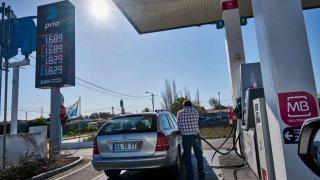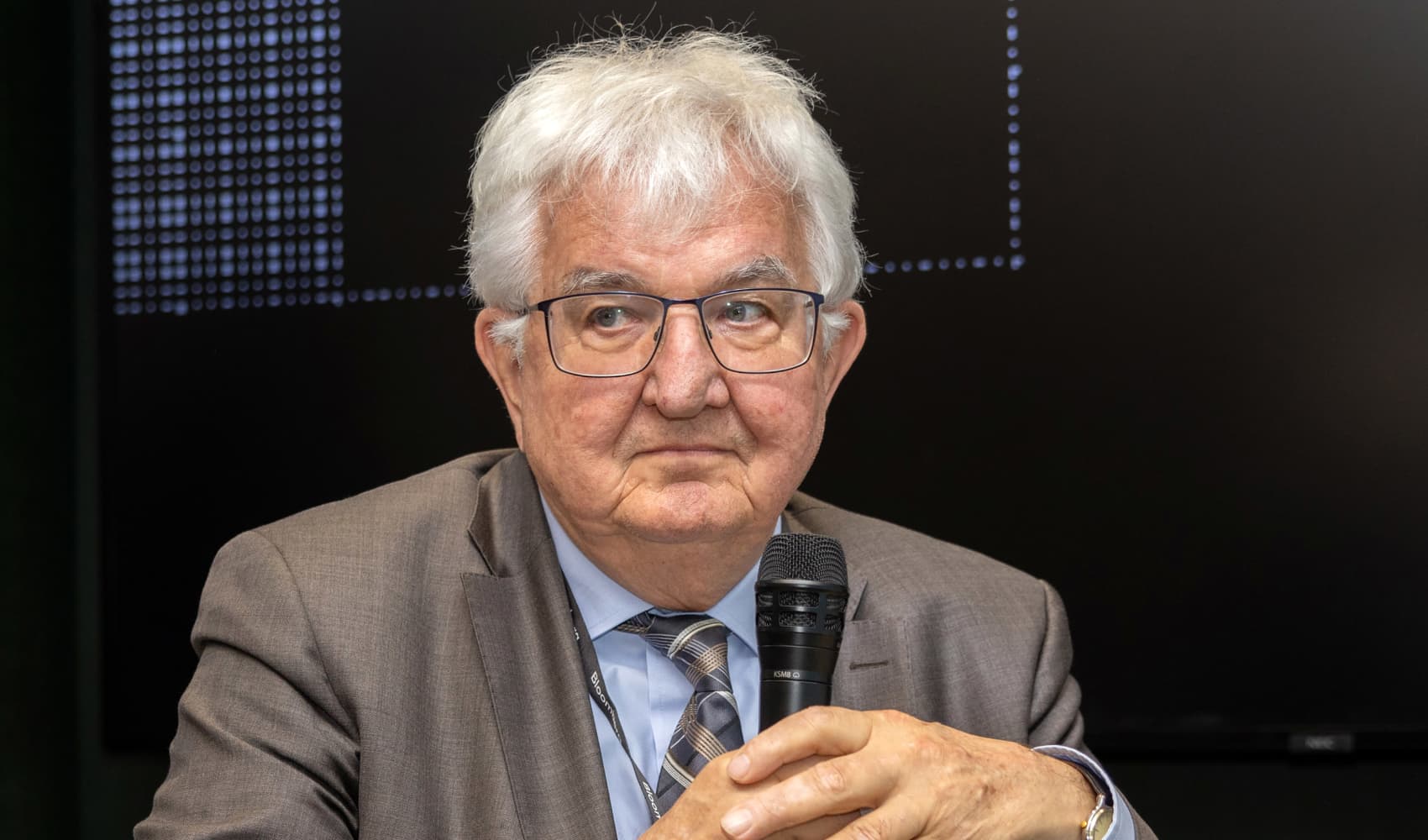
- The 27-member bloc has been heavily criticized for being too reliant on Russia for energy, especially in the wake of Russia's unprovoked attack on Ukraine.
- In 2021, the EU imported around 45% of its gas from the country, according to the International Energy Agency.
- In 2020, Russian oil imports accounted for about 25% of the bloc's crude purchases, according to the region's statistics office.
The European Union on Tuesday presented a new plan to reduce its dependency on Russian energy, amid Moscow's invasion of Ukraine, sky-high prices and a potential embargo of Russian crude.
The European Commission, the executive arm of the EU, wants to cease its buying of fossil fuels from Russia before 2030. And it has now presented a new pledge to reduce its purchases of Russian gas by two-thirds before the end of the year.
This would be achieved by diversifying its suppliers, increasing renewable hydrogen production and improving energy efficiency in households, the commission said Tuesday in a statement.
Feeling out of the loop? We'll catch you up on the Chicago news you need to know. Sign up for the weekly Chicago Catch-Up newsletter here.
The 27-member bloc has been heavily criticized for being too reliant on Russia for energy, especially in the wake of Russia's unprovoked attack on Ukraine.
In 2021, the EU imported around 45% of its gas from the country, according to the International Energy Agency. In 2020, Russian oil imports accounted for about 25% of the bloc's crude purchases, according to the region's statistics office.
"We could gradually remove at least 155 billion cubic meters of fossil gas use, which is equivalent to the volume imported from Russia in 2021. Nearly two-thirds of that reduction can be achieved within a year, ending the EU's overdependence on a single supplier," the commission said.
Money Report
As part of the updated plan, the commission wants EU nations to fill their gas storage by at least 90% come Oct. 1 every year. In addition, the institution added that state aid rules could be relaxed to support companies facing high energy prices.
"We need to act now to mitigate the impact of rising energy prices, diversify our gas supply for next winter and accelerate the clean energy transition," Ursula von der Leyen, the European Commission president, said in a statement, building on comments by the EU's Energy Commissioner, Kadri Simson, to CNBC last week.
Energy sanctions
Talk of energy dependency comes as pressure mounts on the EU to ban imports of Russian oil and natural gas.
U.S. lawmakers are working on legislation to stop buying Russian oil in the wake of the Ukraine invasion. However, many EU countries — notably Germany — are concerned that following suit would spark an acute economic headache.
German Chancellor Olaf Scholz said Monday that, at the moment, energy supply into Europe "cannot be secured in any other way."
Hungary's government spokesperson Zoltan Kovacs said Monday via Twitter that Budapest will not support "any measure that would put Hungary's energy security at risk."
Speaking to CNBC's Steve Sedgwick Tuesday, Edgars Rinkevics, the foreign minister of Latvia, said that criticism of the EU for depending too much on Russian energy "is justified."
"We are now rectifying whatever we can," he said.
An EU official, who did not want to be named due to the sensitive nature of the discussion, told CNBC Monday that there is no currently agreement among the 27 nations regarding energy sanctions against Russia. But, the source said, this will ultimately become a move for national governments to make — meaning that different EU capitals could take decisions into their own hands without having to reply on unanimity across the bloc.
EU leaders are expected to debate how to become more independent from Russian energy, as well as potentially further sanctions on Russia, on Thursday when they gather for a summit in France.






